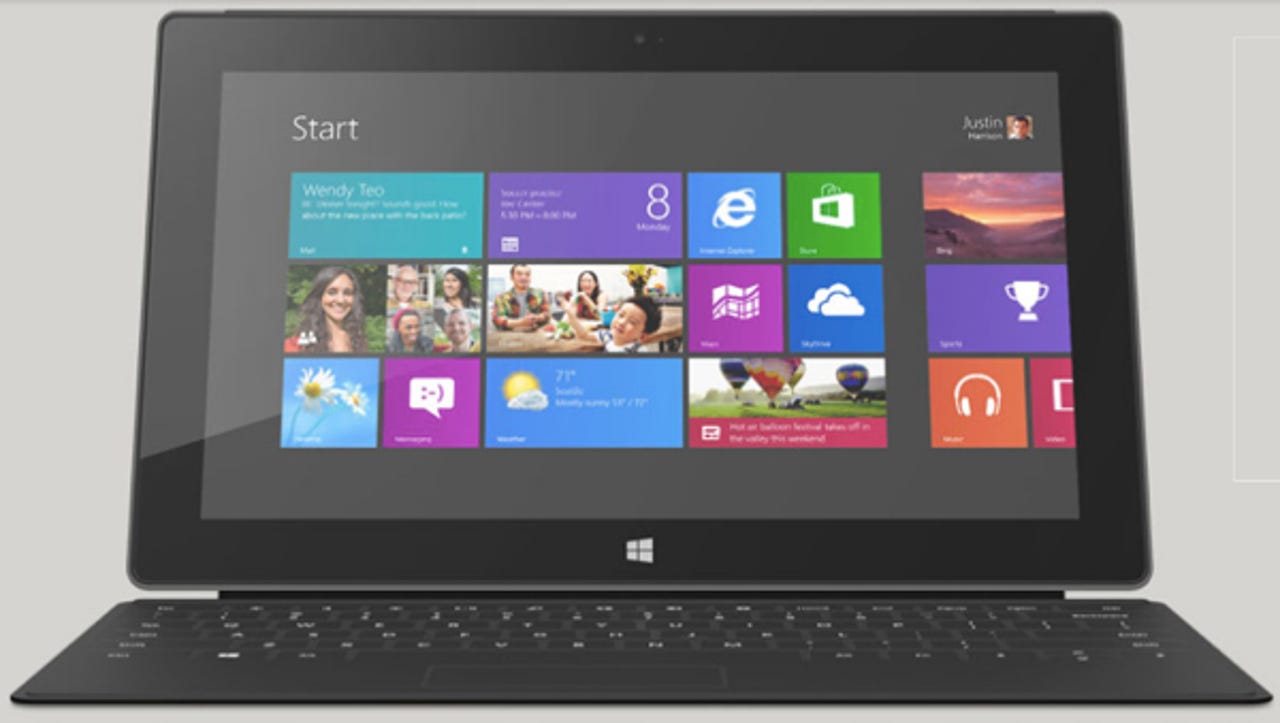Surface Pro battery life: The high cost of using Intel


Say what you will about the first tablet from Microsoft, the Surface RT gets great battery life. This is due to using ARM-based hardware, the primary architecture currently used in tablets. ARM is powerful and very gentle on power consumption. It may not be as powerful as Intel hardware but it hits the battery much lighter.
Having two Surface models is giving us a rare look at how the two processor families compare for things like battery life on mobile devices. The Surface Pro will have a conventional Intel Core i5 processor in a package roughly the same as that of the ARM-based Surface RT.
"Hey Shahroom, #Surface pro will have approximately half the battery life of Surface RT." — @surface Twitter feed
The admission by Microsoft that the Surface Pro will get about half the battery life of the RT model, about 4 - 5 hours compared to the 9+ hours seen on the latter is a big deal. It shows dramatically the cost to battery performance that Intel levees over the ARM systems. This is in spite of using a 42 W-hr battery in the Pro model and only a 31.5 W-hr battery in the RT. A much bigger battery in the Intel model only delivers half the battery life of the ARM version.
The cost of using Intel over ARM is evident in other ways. Mobile computers using Intel have a very nasty problem of heat to counter. As laptops and tablets have gotten thinner and lighter, the measures needed to dissipate the massive amount of heat that Intel processors generate has become harder to deal with. It is likely that the Surface Pro will have those pesky fans inside to help keep the thin tablet from melting inside. Those fans hit the battery very hard, a double penalty.
The next generation of Intel's Atom processor family, the Clover Trail, is showing decent performance with much better battery life on tablets just appearing on the market. This may be the way to go for tablet makers, although Microsoft has chosen to use "real" Core i5 processors in the Surface Pro.
Perhaps Microsoft wanted the Surface Pro to have full performance like that on high-end laptops. That's good for power users but it may be a high cost to mobile users in the end. The quoted battery life on the Surface Pro is not even close to that of other tablets. The high cost of Intel is glaringly evident in this area.
See related: